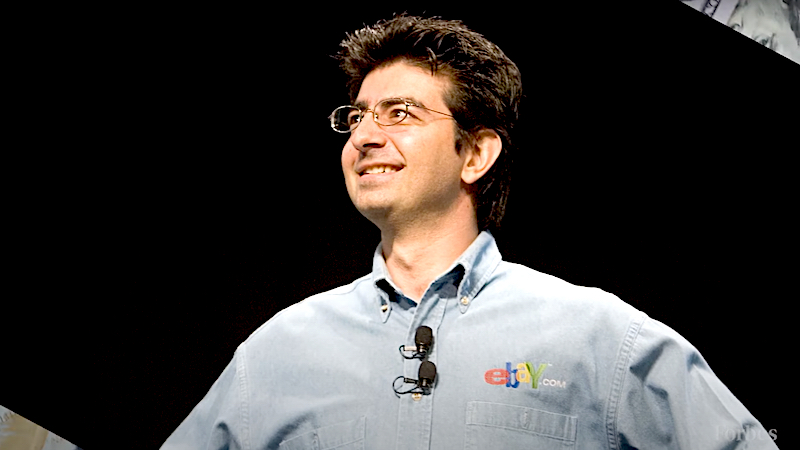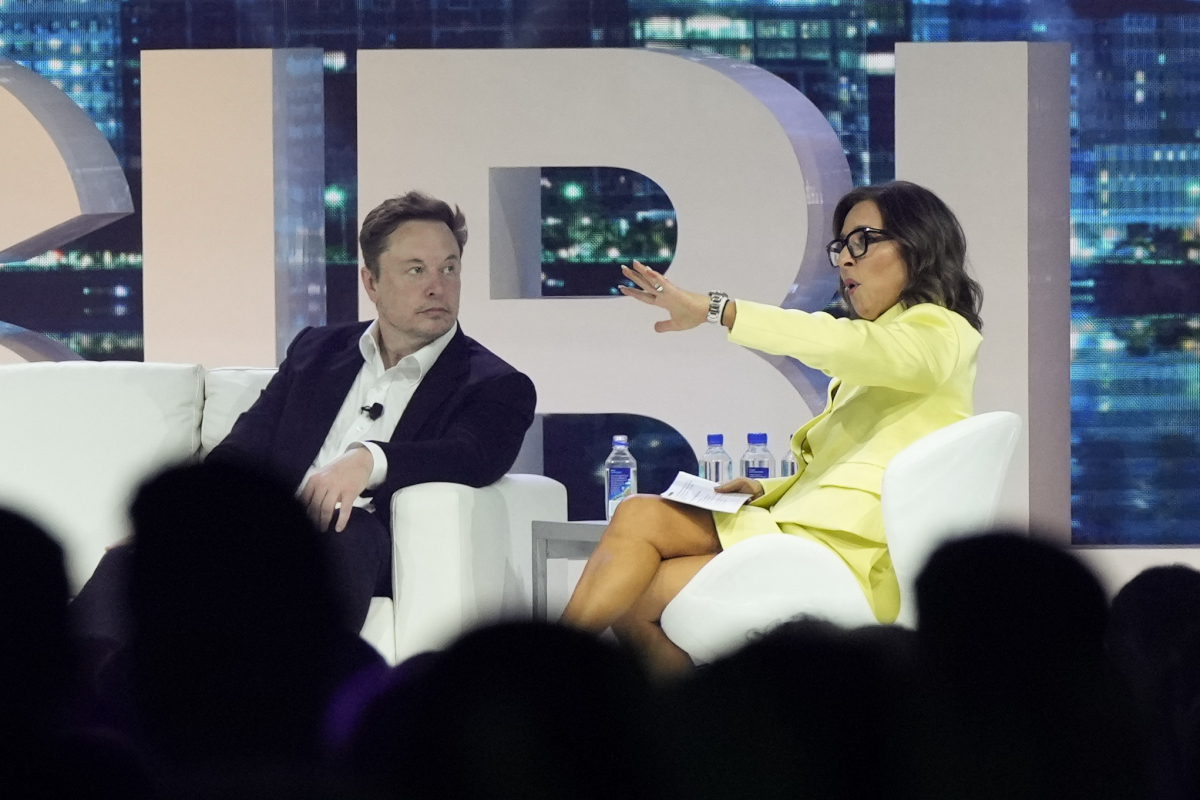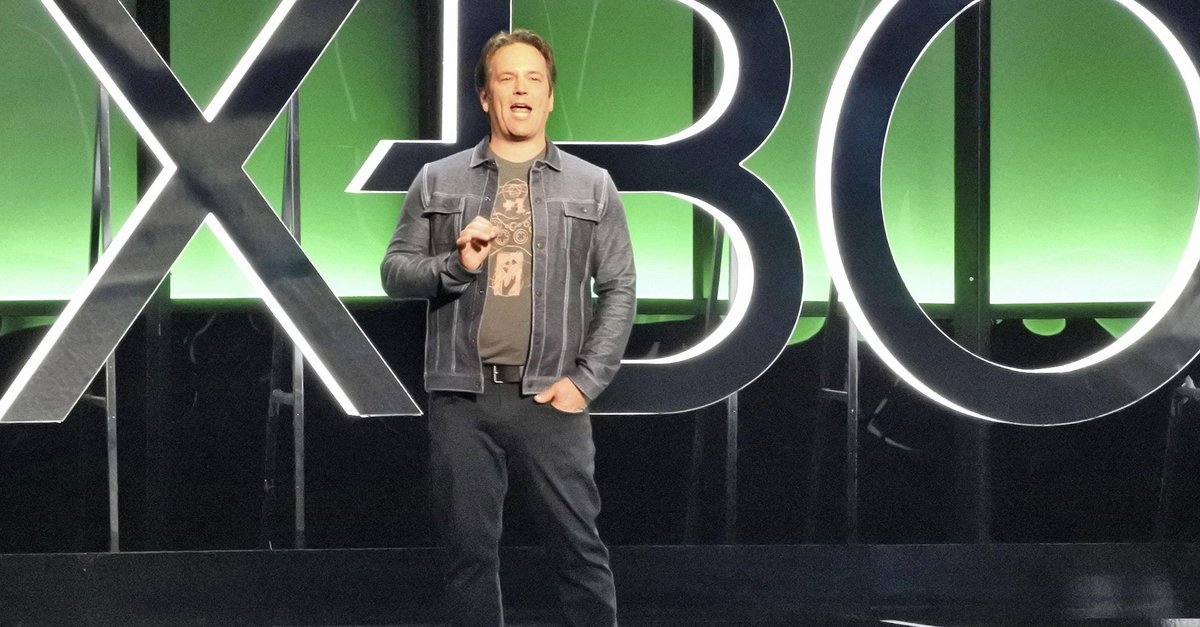How do I become a good podcast host? 3 tips for a confident demeanor
Spechtechnik, conception and personality characterize effective podcasters: inside. Our guest author gives useful tips on how anyone can become a good podcast host.
The number of podcasters is growing, especially among media professionals. TV presenters: inside successful podcasts, comedians are exclusively under contract with Spotify, journalists: inside have discovered the format for themselves a long time ago. And if you look closely, you will also find the first podcasters in the extended circle of friends: inside.
The market is currently professionalising very quickly, says Vreni Frost, formerly a blogger and now a trained voice actor and podcaster. But anyone who wants to start a podcast cannot just “chat away”. In order to win an audience and stand out from the competition, moderators need not only a good voice and speaking technique, but also conceptual skills, the ability to steer a conversation well, and a “host personality”.
So what makes good podcast speakers? What skills and qualities do they have to bring with them? And what of these can you teach and train yourself?
If you want to convince as a podcaster, you should speak as lively as possible. Nicole Krieger, head of the Baden-Württemberg School for Moderators, recommends avoiding filler words such as uh, uh, hm. They’re credibility killers. They confuse the audience and interrupt the flow of speech. However, there is no general trick to get rid of them, explains the expert. Speaking is always very individual. In her seminars, she always pays attention to where the uh actually comes from. Most of the time it is not a habit, but a symptom of the person feeling insecure when speaking in front of an audience. The most important thing is that the speaker feels as comfortable as possible in the recording. An effective way to find out when to use which filler words is to record yourself. Make a note of which filler words you use and when. So you can gradually learn to take a break from speaking instead of filling sounds.
Vreni Frost also gives the tip: take breaks! People tend to want to fill every pause in conversation immediately because it feels kind of uncomfortable. “But sometimes you miss great thoughts or exciting answers from the guests. Therefore: it is better to wait a little longer to see if something is coming, even if it is difficult. “
One of the most popular podcast formats is the interview. If you want to conduct a good podcast interview, you have to master the art of conversation.
What does that mean in concrete terms? For Krieger, interviewers must first and foremost be good listeners: “You have to understand what the other person is saying and be ready at any time to deviate from the list of questions.” The general tools also include the different types and techniques of questions dominate. To elicit explosive or new information from the interlocutor, for example, requires an investigative questioning technique.
If you want to conduct interviews that are as emotional as possible, you first and foremost have to observe carefully and ask personal questions. Admittedly, this is a challenge in remote podcast recordings in which the interlocutors are not directly facing each other. It is therefore advisable to carry out every remote production with a video transmission, not purely audio-based. In this way, the facial expressions and gestures of the guests can be better interpreted. If you notice a smile or even sadness on the face of the person you are talking to, you should definitely ask. For example: “I see that this moves you a lot, what does it do to you?”
Perhaps the master of personal questions is Matze Hielscher. In his podcast “Hotel Matze” he makes emotions perfectly visible and audible. He asks his guests about their personal experience and personal concern. Mainly because of this, the interviews are often very emotional and personal.
In addition to speaking technique and conceptual skills, there is a third important point that every podcast host should train – especially in interview situations: Be a: e good: r host: in!
When you invite someone to your podcast, act like you’re seeing friends. “In private, you wouldn’t focus on yourself the whole evening without taking care of your guests. You want people to want to come back, ”says Krieger.
Examples of excellent hosts are Jochen Wegner and Christoph Amend in the “Alles Gesagt” podcast. Even if they are almost their guests nine hours straight interview, do everything you can to ensure that the interviewees feel comfortable. This includes, for example, that the two presenters order food from the guest’s favorite Italian and dine together during the recording. In other words: if you manage to turn the interview room (whether real or virtual) into a living room, you create a relaxed interview atmosphere.
The role of host: by the way, begins before the actual recording, explains Vreni Frost. A good interview always requires a preliminary talk. In this way you get a feel for the respective guest in advance and build trust.
In addition to these three tips, a podcast helps if the: the speaker: has a pleasant-sounding voice and is easy to understand. For podcast newbies, a voice analysis is useful in this context. “Reading texts out loud helps a lot. If you also record yourself with your cell phone and listen to it, it is an incredible learning effect, ”assures Vreni Frost. You can find out what you can also consider to make your voice your strength here.
Of course, these tips won’t instantly make you a Joe Rogan. There is a tremendous amount of training involved in each point and sometimes you have to resort to outside professional help. This helps to understand the mistakes and to learn from them. With every recording and every workout you will then become more confident. Feel free to listen to your favorite podcast and scroll back to the first episode. You will quickly notice that other podcasters were also unsure at the beginning of their careers.



